I haven’t fully come to terms with what went down last year. It was a “perfect storm” of a wild and intense year from the pandemic to the election and everything in between. Even just one of those things would have been enough, but to have it all happen?! It was a lot. I found myself struggling mentally and I know I wasn’t the only one.
I also want to put the disclaimer out there that I am not trying to throw myself a pity party or anything. There were plenty of people who had it way, way worse. I’m really only able to speak on my own experience. Personally, I have found it so helpful to hear people’s stories as they emerge from 2020 and the lessons they have learned and changes they have implemented in their lives. I know a lot of people found themselves realizing they weren’t in the relationships they wanted to be in, needing to reevaluate where they lived for a happier state of mind, facing vices and addictions head on after a tough year, etc.
PROTECTING MY MENTAL HEALTH ONLINE
One huge thing that I realized after a year-plus of being at home, was that I needed to reevaluate my relationship with “the internet.” Broadly speaking, I spend a lot of time online between my computer and my phone for work and personal reasons. In fact, I would say I spend too much time online and I found that it was greatly (and negatively) affecting my mental health.
Sure, there are plenty of ways in which the internet has helped me. I have been able to leverage the internet and turn a small blog into my full time job. And I have been able to stay connected with friends who are spread around the country. I am constantly learning new ideas, people, and lessons just from consuming things online. Etcetera, etcetera, etcetera.
While I’m grateful for these things, I am also pretty horrified by how much time I spend staring at a screen (and getting weekly average screen time notifications absolutely terrified me). I also knew, in my heart, that there were things about being *so connected*, all the time that was just simply draining me and leaving me downright unhappy. So I knew I needed to make some changes with how I consume and spend time on the internet.
I can’t avoid it altogether and, frankly, wouldn’t want to!
I just needed to be better about creating and sticking to boundaries that would allow me to continue to do my job, while also protecting my mental health in the process. Everyone is going to have their own relationship with the internet and I think it’s important that you don’t use what I did for a blueprint, but instead figure out what your own pain points are! I went into this process with high mindfulness. Whenever I felt myself feeling “bad” or “off,” from something that happened while I was on my computer or phone, I took note of what that was. Here is what has been working for me:
1. Turn DMs off on the weekend.
DMs are inherently part of my job. It’s not something I can fully avoid, but I knew that having them on all the time was going to cause me to quit if I didn’t figure out something to manage it. The sheer volume of messages is absolutely impossible to tackle. I try my best to answer frequently questions on my story and my blog, but I’m always letting someone down. I do like the messaging feature in theory. But I don’t think it’s realistic when it starts to feel like one-on-one text conversations en mass.
I found myself holding back big time in posting because I was bracing for the flood of messages.
The less I post, the fewer messages I get. And it’s not even just about the negative messages (which I’ve been blocking and restricting liberally so it’s not so bad), even the volume of positive messages can be overwhelming because I feel extreme guilt at not being able to get back to everyone who sends something meaningful.
There are also a lot of questions I simply don’t feel comfortable answering either because they’re too personal or too technical (and I’m not really an expert in anything, so I don’t think it’s fair or even moral, for me to answer questions that have bigger implications).
The best way I have found so far to protect my mental health is to turn off the DMs for the weekends. From Friday evening to Monday morning, I turn the feature off and it’s nice to just get a two day break. I felt guilty about this at first, but I realized I’m so much happier not feeling like I need to spend hours on a Saturday responding to messages. And it feels normal that I shouldn’t be expected to be available 24/7. And then when I do turn the feature back on? I’m refreshed from the break and just way better suited to being able to do, you know, my job. Feels like a win/win.
2. Have someone moderate my comments.
I tried turning off the comments on my blog a couple of years ago after being attacked by a troll (it’s one freaking person)…. and I felt like it totally ruined the community. A classic, “this is why we can’t have nice things.” I didn’t want one bad apple to ruin the experience for everyone else, so I turned on comment moderation. For a while, I had a friend moderating the comments but it wasn’t a great long-term solution and I eventually took back over the task. And then the troll comment took its toll again. Yep, the same person. It finally got on my nerves again to the point where every time I got a new alert for a comment, I felt like I was going to throw up, just not sure what she would be saying next.
Having someone with no skin in the game moderate my comment section was the only way to go, as far as I could tell. And it does wonders! She does her best to respond to questions even and if she isn’t sure, I can log in and answer myself. But I’m protected from having to read any troll comments and it has made a huge difference for me.
3. Outsource some work.
This is something I feel really grateful for, but I decided it was time to outsource some of the work that involves more time online. Especially now that I’m doing all of my own photography and editing, I knew I had the bandwidth to afford to bring on another type of freelancer. I took an inventory of particular pain points I had and areas where I knew I had been dropping the ball, but wish I could do more of… and found someone amazing to hire. Again, I struggled with guilt (why is this a common thread, haha), but at some point all small businesses have to outsource in order to grow.
I can say with certainty that this has not only helped my mental health, it’s also helped my work flow. I enjoy working and by taking some of the tasks I don’t love off my plate, I can focus on the things I do enjoy! Again, a win/win.
4. Deleting apps.
This is probably something more applicable on a broader scale. Guys, I found myself downright addicted to TikTok. That app was like a drug to me, and I found myself scrolling and scrolling and scrolling through the For You page. I tried to only keep it on my phone during the weekends. But I still knew I was spending too much time on it. I don’t even care that it’s something I “should” be doing for work. It was just so addicting for me, I couldn’t handle it. (I knew things were really bad when I started to think in popular TikTok sounds…. )
Deleting the app was the only way to go and I am way better off for it. I also avoid the Reels tab on Instagram for the same reason, but I find that IG’s Reels algorithm is less “smart” and therefore less addicting and less of an issue for me.
5. Unfollowing and muting.
One of the things I’ve done the longest is keeping my “follow list” short and sweet. The fewer people I follow on Instagram, the less time I inherently spend on the app. I also found myself getting really, really frustrated by certain things I saw on the app. I pushed past the guilt and muted and unfollowed accounts that were making me feel annoyed, or feel bad about myself, etc. During the pandemic, I found myself just getting ridiculously worked up by people traveling and living life normally. I realized that I couldn’t control what they did, but I could control how I approached the situation. Not seeing it was the best thing I could have done for myself.
I also grew frustrated by influencers lying about paid campaigns and using cheap ways to hide ads. Again, I couldn’t control that but I could control what I saw… and who I supported. And then there were accounts that just made me feel terrible about my own life… and I love my life! That didn’t feel beneficial to me and it was to no fault of the people. It was my own issues coming to life. Life is too short to waste time scrolling through apps that don’t make you feel great. Instagram can be a powerful tool for connection and inspiration, but it can also have the opposite effect if you’re not careful and selective and mindful about who you’re following!
***
Those are the top five things I’ve done for myself and I’m in just such a happier place when I open my phone or laptop. I feel better equipped to do my job (on the internet) and I feel like a better person in general because I’m more responsible with how I consume information.
Would love to know if you’ve done anything to protect your own mental health online!
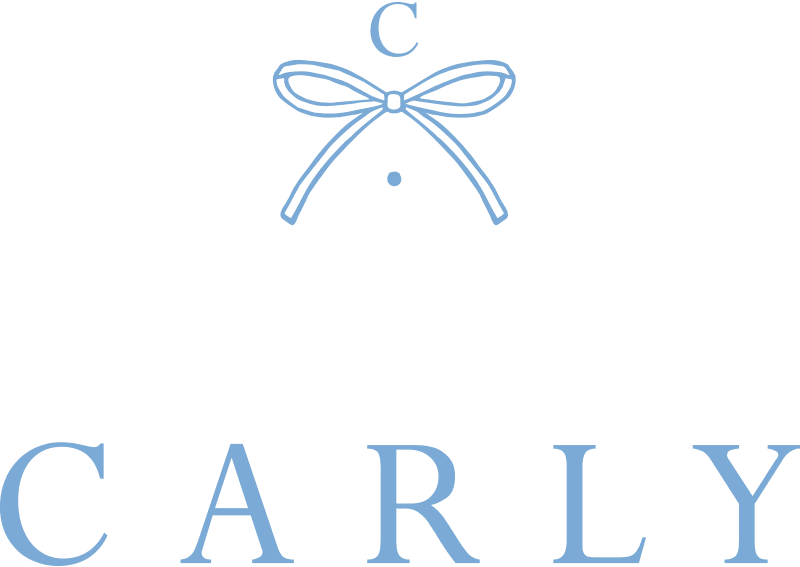
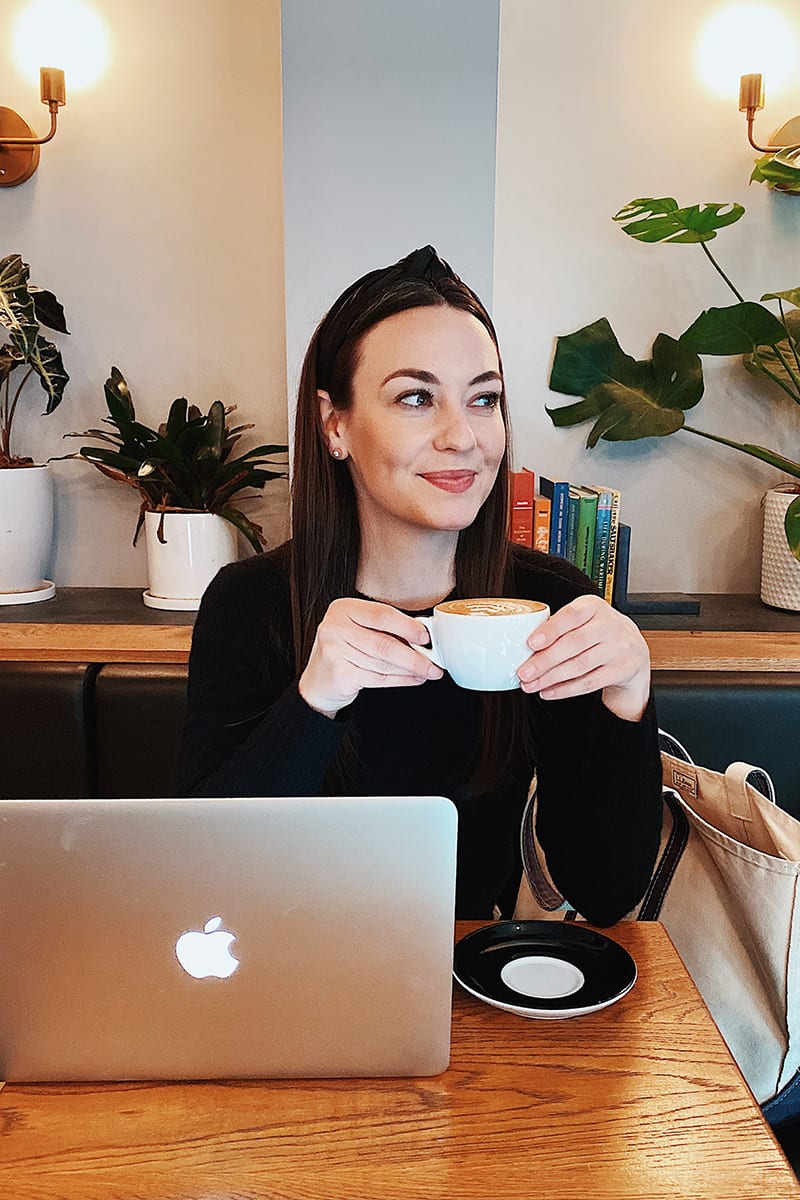


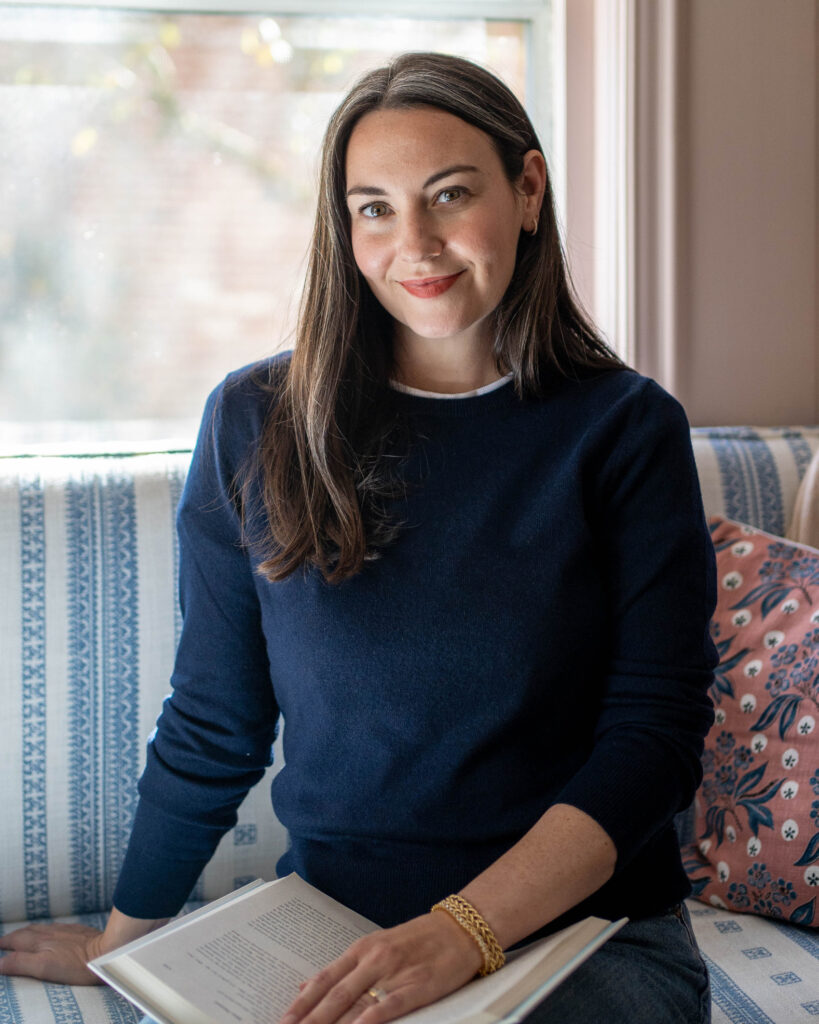
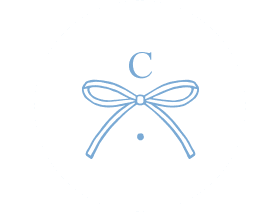
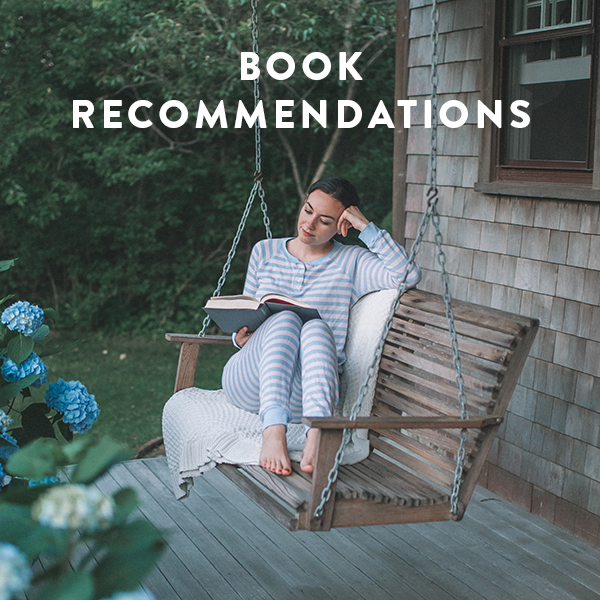
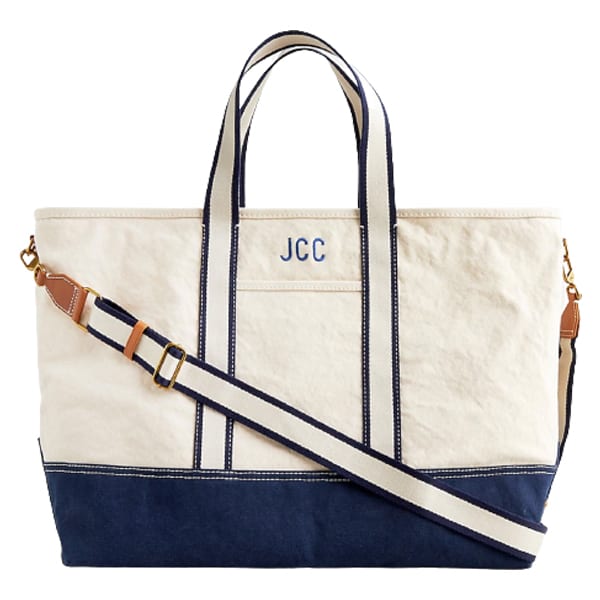


This post was so helpful! My job requires me to be on my phone a lot too. So I’m constantly looking for ways to set boundaries. This post was so helpful!
Thank you for being open and sharing!
http://www.elspethsdaybyday.com
When babe comes you will also feel less pressure to be on and less guilt for not answering. There will be a “reason” for not answering responding being present online to strangers and it may fully kill the guilt.
Good for you Carly! So glad you are come up with guidelines that work for you.
For me, the problem is definitely Instagram and it got really bad during the pandemic when I was stuck inside with no alternatives. I would be on the app literally for hours a day, before bed and first thing in the morning, and felt like I was seeing all of these other people attaining the things in life that I want too. I very clearly remember one weekend morning when my now-husband walked into the room after I had been on the app for too long and said something and I just snapped at him for no reason because my scrolling had put me in such a bad mood. In that moment I realized how much it was negatively affecting my mental health. Since then I’ve placed major limits on how much time I use the app and picked up other screen-free hobbies instead, and I’ve noticed a true difference in how I feel.
What a great post. You gave me some ideas to think about.
Good for you, Carly. I do think this is such an important thing to consider. I ended up deleting IG and FB last October as I realized it was stressing me out. I tried muting certain people, but it wasn’t enough. I can’t believe how much better I feel without them and can’t imagine going back now. I thought I loved them. I’m so grateful for your blogposts now, so I’m still on the in without having to be on social media! Thanks for another great post! 🙂
I think it is great that you have taken concrete steps for your mental health. I do not know how bloggers can be so involved with the internet and not lose their mind 🙂 I use the Freedom app which helps a lot with blocking out apps, websites, etc. I also stopped checking work emails on the weekends, which also helped quite a bit.
I deleted Twitter off my phone. I still look at it on my laptop during the workday, but I was just constantly doomscrolling and getting sucked into things that I didn’t really need to be devoting my energy too. Not being able to look at it first thing/last thing has been a major help — especially because during 2020, opening Twitter first thing in the morning was sort of like leaping into an open flame.
This troll sounds awful and I’m sorry that you had to deal with that – everyone is entitled to a safe workplace. I don’t comment much (and I’ve never DMed) but I wanted to say that you don’t owe us anything. Especially with the baby coming, all of us sane readers completely respect your right to set the boundaries you need to have a life as well as work. I’m a lawyer and I’m terrible at work life balanace, so I’ll be eagerly reading the comments section for tips!
My partner and I have instituted a “no phones at the table rule” for meals and it’s great! I’m definitely a doom scroller and he isn’t active on social media (but he has trouble disconnecting from work emails) so it’s good for both of us to keep our phones down and focus on each other instead. I’m also a big fan of the “do not disturb” feature so I’m not getting push notifications all the time.
Probably less viable for you given your job, but I deleted the Instagram app off my phone and only look at it through the browser. The browser experience is so much worse so I inherently find myself spending less time on there even without cutting myself off of it completely!
I’ve been working on the same things over the past year! In my old job (that I quit a few months ago), it was my job to scroll through Twitter and LinkedIn all day–it was exhausting and I felt like I wasn’t good enough if I wasn’t up to date on the latest news.
Your comment about how you know you became addicted to TikTok when you started thinking in TikTok songs… I’m getting to that point on Instagram Reels, so I guess it’s bad!! I try to delete Instagram during the week to focus on work and just live my life, while on the weekends I have the time and space to share experiences I want to remember, new things I buy, places I visit, etc. If I *really* need Instagram, I have to intentionally download it to my phone again.
Keep updating us on how your progress/journey is going. Seems like a lot of women in particular are trying to break the social media habit as well.
xx Shannon